September 2021 Newsletter
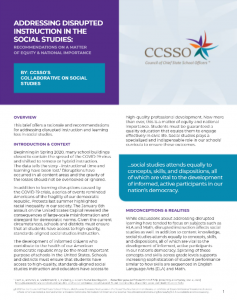 OVERVIEW
OVERVIEW
This brief offers a rationale and recommendations for addressing disrupted instruction and learning loss in social studies.
INTRODUCTION & CONTEXT
Beginning in Spring 2020, many school buildings closed to contain the spread of the COVID-19 virus and shifted to remote or hybrid instruction. The data tells the story – instructional time and learning have been lost.1 Disruptions have occurred in all content areas and the gravity of the losses should not be overlooked or ignored.
The development of informed citizens who contribute to the health of our American democratic republic may be the most important purpose of schools in the United States. Schools and districts must ensure that students have access to high-quality, standards-aligned social studies instruction and educators have access to high-quality professional development. Now more than ever, this is a matter of equity and national importance. Students must be guaranteed a quality education that equips them to engage effectively in civic life. Social studies plays a specialized and indispensable role in our schools’ curricula to ensure these outcomes.
Nebraska Social Studies educators! The United States Senate Youth Program application is now available! Encourage your high school juniors and seniors to apply! Application deadline is 4pm CST on September 24, 2021!
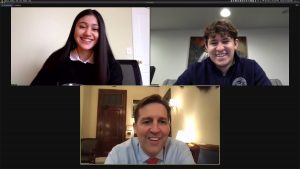
US Senator Ben Sasse of Nebraska speaks with his delegates Claire Doyle and Dominic Mendlik on Zoom during the United States Senate Youth Program on Tuesday, March 23, 2021. One hundred and four high school student delegates – two from each state, the District of Columbia, and the Department of Defense Education Activity – take part in the 59th annual United States Senate Youth Program held online (because of the COVID-19 Pandemic) on March 14-17, 2021 and numerous Senate Zoom meeting from February 17 to March 30, 2021. (© Photo by Jakub Mosur and Erin Lubin).
From the website:
THE 60TH ANNUAL UNITED STATES SENATE YOUTH PROGRAM IS BEING PLANNED FOR MARCH 5–12, 2022 IN WASHINGTON, D.C. THE PROGRAM MAY BE HELD ONLINE PENDING PUBLIC HEALTH GUIDANCE, TO BE DETERMINED IN THE FALL OF 2021.
Delegates will hear major policy addresses by senators, cabinet members, officials of the Departments of State and Defense, leaders of other federal agencies and senior members of the national media. Delegates also traditionally participate in a meeting with a justice of the U.S. Supreme Court and the president of the United States. Most speaking events include in-depth question and answer sessions.
The Hearst Foundations will pay all expenses for Washington Week including transportation, hotel and meals if held in person. The Department of Defense (DoD) annually provides a team of competitively selected men and women officers to serve as mentors and chaperones for the student delegates, and a registered nurse, licensed physician and professional security team are in place at all times throughout an in-person week.
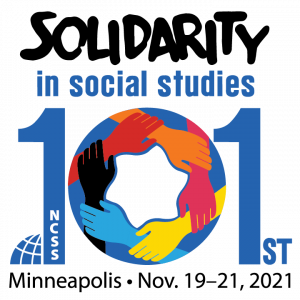
From the website:
Join Your Social Studies Colleagues in Minneapolis, November 19–21, 2021!
The Centennial Celebration continues with the 101st NCSS Annual Conference, co-hosted by the American Bar Association’s Division for Law-Related Education, the Minnesota Council for the Social Studies and the National Council for Geographic Education in Minneapolis, November 19-21, 2021. Join your social studies colleagues for the largest annual gathering of K-12 social studies classroom teachers, college and university faculty members, curriculum designers and specialists, district and state social studies supervisors, international educators, and social studies discipline leaders.
- Network with your social studies colleagues
- Attend 400+ sessions to increase your professional learning
- Get the latest in social studies and geography education
- Gain valuable CEUs and college credit
- Visit more than 75+ exhibitors highlighting the latest social studies products and services
Social Studies now has a tab on the Nebraska Instructional Materials Collaborative website! The Social Studies’ Nebraska Instructional Materials Collaborative seeks to guide and/or remind educators what they should be looking for when selecting high quality social studies instructional materials. Social Studies Education continues to evolve and as a result, we will share resources and materials that empower Nebraska school districts, school systems, and social studies educators in selecting and implementing high quality social studies instructional materials.
From the website:
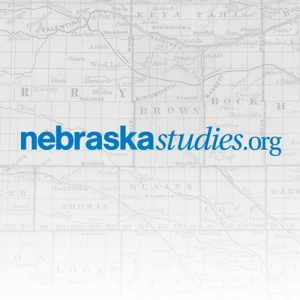 Welcome students, teachers, and history buffs of all ages! Nebraska Studies puts the history of the state at your fingertips, from its very beginning to the 21st century. On this site you can meet the people and explore the events that have shaped this state, through archival photos, historic documents, personal letters, special video segments, informative maps, supplemental activities, pertinent lessons, and much more.
Welcome students, teachers, and history buffs of all ages! Nebraska Studies puts the history of the state at your fingertips, from its very beginning to the 21st century. On this site you can meet the people and explore the events that have shaped this state, through archival photos, historic documents, personal letters, special video segments, informative maps, supplemental activities, pertinent lessons, and much more.
And even better, the entire website is now in Spanish as well!
From the website: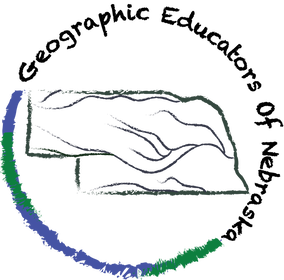
In the spring of 2021 the Geographic Educators of Nebraska received a COVID-19 Educator Relief Fund grant from National Geographic Education for the development of materials to be used by teachers in the state to help teach geography during the global COVID-19 pandemic. A team of GEON members developed, edited, and tested the materials that could then be used by teachers across the state of Nebraska.
For more lesson ideas be sure to check out esri’s Geoinquiries.
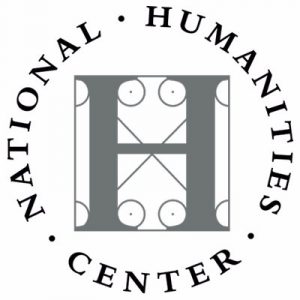 From the website:
From the website:
Live, interactive webinars connect educators with scholars and experts in humanities fields to discuss compelling topics. Webinars are free of charge but require registration.
With a focus on the integration of scholarship and content, inquiry-based pedagogy, and emerging technologies, NHC Education Programs encourage the growth of education professionals in ways that directly impact the classroom. This project-based approach supports the development of classroom-ready instructional materials, research opportunities, and learning experiences.
Through partnerships and in collaboration with professional organizations, educational institutions, and scholarly experts, NHC Education Programs leverage the Center’s resources to strengthen the role of the humanities within the cultural landscape. We invite educators at all levels to join this conversation about how the humanities offer unique and powerful ways to view our complex world.
September 11th Resources
For some of us the events of September 11th seem like yesterday. While for others the last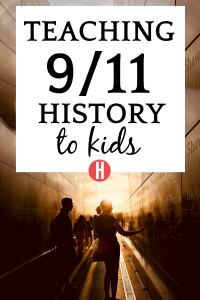 twenty years have been an eternity. This year marks the 20th anniversary of the 9/11 attacks on U.S. soil. It is a time to remember the courage of so many firefighters, paramedics, New York policemen and New York’s Port Authority Officers that sacrificed their lives to save others, and a time to honor the memory of all those who perished at Shanksville, Pennsylvania, the Pentagon and the Twin Towers. It is a time to show reverence for all the lives lost in just 102 minutes of the clock. As Americans, we still remember and we must never forget.
twenty years have been an eternity. This year marks the 20th anniversary of the 9/11 attacks on U.S. soil. It is a time to remember the courage of so many firefighters, paramedics, New York policemen and New York’s Port Authority Officers that sacrificed their lives to save others, and a time to honor the memory of all those who perished at Shanksville, Pennsylvania, the Pentagon and the Twin Towers. It is a time to show reverence for all the lives lost in just 102 minutes of the clock. As Americans, we still remember and we must never forget.
Feel free to use the following September 11-themed resources that include lesson plans, news stories, videos, and other instructional materials to help students comprehend the 9/11 attacks and their lasting impact on the United States and the world. As well as why it was a transformative moment in U.S. history.
PBS NewsHour Extra – The 9/11 Anniversary in the Classroom
Pentagon Memorial Fund – A Nation Remembers Those Affected at the Pentagon
Scholastic – Teaching September 11: Powerful Resources About Hope and Understanding
U.S. Department of Education – 9/11 Materials for Teachers
Morningside Center for Teaching Social Responsibilities – 9/11 Anniversary Teaching Guide
Smithsonian National Museum of American History – September 11 Bearing Witness to History
The Teacher’s Corner – Thematic Units: September 11
TeachHub.com – Classroom Activities: Commemorating September 11th
Constitution Day Resources
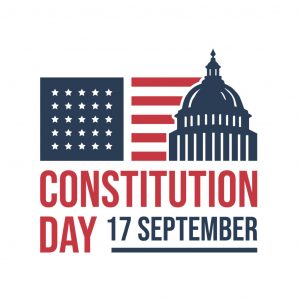
“On September 17, 1787, the delegates to the Constitutional Convention met for the last time to sign the document they had created. To commemorate this day, all Americans are encouraged to observe this important day in our nation’s history by attending local events in your area. Celebrate Constitution Day through activities, learning, parades and demonstrations of our Love for the United State of America and the Blessings of Freedom Our Founding Fathers secured for us.” -ConstitutionDay.com
The following links provide resources for educators looking to celebrate and teach Constitution Day on Thursday, September 17, 2020.
Library of Congress – Constitution Day Teacher Resources
U.S. Department of Education – Commemorating Constitution Day and Citizenship Day
National Constitution Center – Constitution Day
DocsTeach – Bring the Constitution to Life!
iCivics – Constitution Day Lesson Plans
National Constitution Center – To Sign or Not to Sign: The Ultimate Constitution Day Lesson Plan
National Archives – Exploring the United States Constitution E-Book
National Archives – United States Constitution Course on iTunes
Center for Civic Education – Constitution Day!
American Bar Association – Constitution Day 2021
Bill of Rights Institute – Celebrate Constitution Day Live!
Constitution Rights Foundation – Constitution Day Resources
From the website:
Nebraska Agriculture in the Classroom (AITC) is a statewide program that helps K-12 students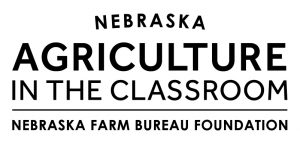 and teachers develop an awareness and understanding that agriculture is their source of life’s necessities. AITC has a long history of creating resources tied to state education standards to assist teachers in connecting their students to their source of food, fiber, and fuel – agriculture!
and teachers develop an awareness and understanding that agriculture is their source of life’s necessities. AITC has a long history of creating resources tied to state education standards to assist teachers in connecting their students to their source of food, fiber, and fuel – agriculture!
Agriculture in the Classroom ® is a program coordinated by the United States Department of Agriculture (USDA). In Nebraska, the Agriculture in the Classroom program is managed by the Nebraska Farm Bureau Foundation, whose mission is to engage youth, educators, and the general public to promote an understanding of the vital importance of agriculture in the lives of all Nebraskans.
Nebraska Agriculture in the Classroom
- Offers materials to encourage active learning with hands-on activities for youth.
- Creates instructional materials aligned to Nebraska State Standards.
- Equips teachers with free programs and resources to bring agriculture alive in the classroom.
 From the website:
From the website:
In 1900, about 40% of Americans lived in rural areas, By 2010, less than 18% of the U.S. population lived in rural areas. In just over a century, massive economic and social changes moved millions of Americans into urban areas. Yet, only 10% of the U.S. landmass is considered urban.
Many Americans consider rural communities to be endangered and hanging on by a thread—suffering from brain drain, inadequate schools, and a barren, overused landscape. Why should revitalizing the rural places left behind matter to those who remain, those who left, and those who will come in the future? Because there is much more to the story of rural America.
Crossroads: Change in Rural America offers small towns a chance to look at their own paths to highlight the changes that affected their fortunes over the past century. The exhibition will prompt discussions about what happened when America’s rural population became a minority of the country’s population and the ripple effects that occurred.
Next Appearing at:
Plains Historical Society , Kimball, Nebraska – 9/11/2021 – 9/30/2021
Archeology Read Along with History Nebraska
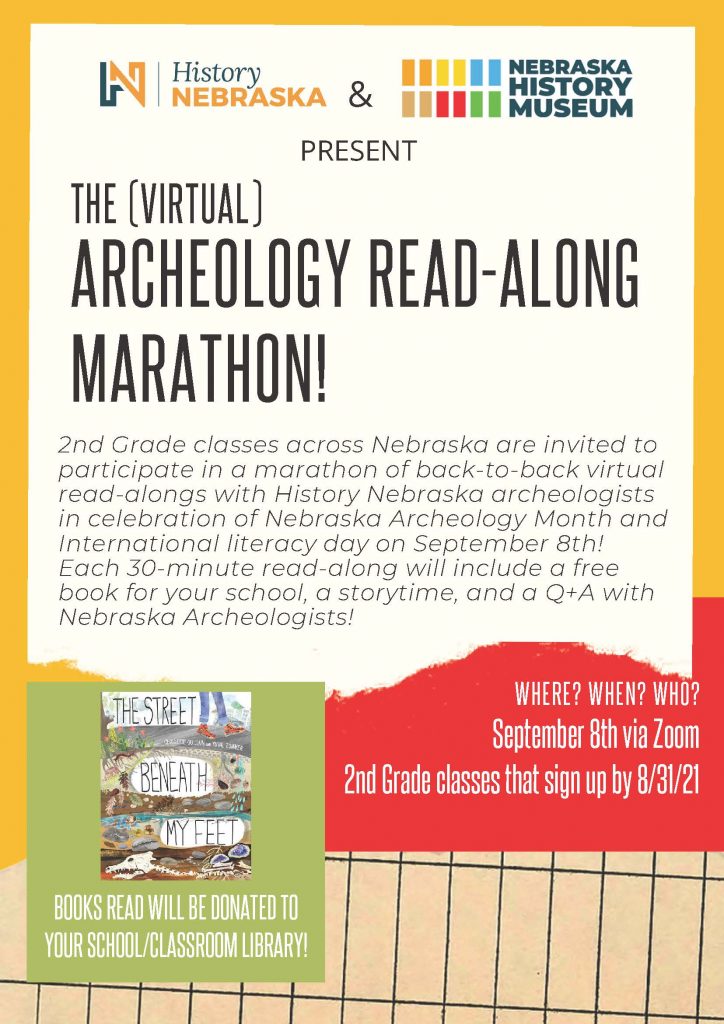
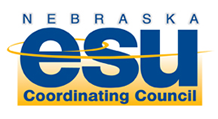 Take students beyond their classrooms to explore the great state of Nebraska! Virtual field trips now present the opportunity to students to explore the Nebraska panhandle, Chimney Rock, fossil beds, and even a trip along the transcontinental railroad! With over 130 activities, you are sure to find something that will align to state standards while engaging your students in Nebraska specific history!
Take students beyond their classrooms to explore the great state of Nebraska! Virtual field trips now present the opportunity to students to explore the Nebraska panhandle, Chimney Rock, fossil beds, and even a trip along the transcontinental railroad! With over 130 activities, you are sure to find something that will align to state standards while engaging your students in Nebraska specific history!
From the website:
In 2010, the National Archives, through its National Historical Publications and Records Commission (NHPRC), entered into a cooperative agreement with The University of Virginia Press to create this site and make freely available online the historical documents of the Founders of the United States of America.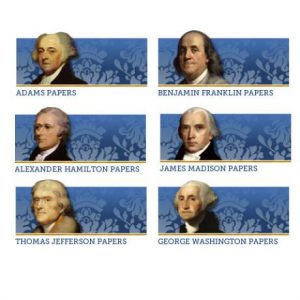
Through this website, you can read and search through thousands of records from George Washington, Benjamin Franklin, Alexander Hamilton, John Jay, John Adams, Thomas Jefferson, and James Madison and see firsthand the growth of democracy and the birth of the Republic.
Now, for the first time, users can freely access the written record of the original thoughts, ideas, debates, and principles of our democracy. You can search across the records of all seven Founders and read first drafts of the Declaration of Independence, the spirited debate over the Constitution and Bill of Rights, and the very beginnings of American law, government, and our national story. You can compare and contrast the thoughts and ideas of these seven individuals and their correspondents as they discussed and debated through their letters and documents.
From the website:
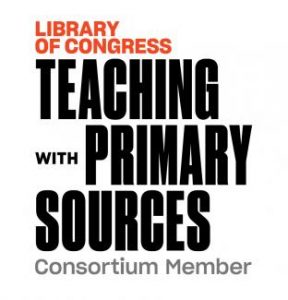 Earn 25 PD Hours!
Earn 25 PD Hours!
Gain knowledge and skills needed to utilize digital primary sources from the Library of Congress website, create activities and lessons that facilitate the Common Core Standards, and engage students in active learning while developing critical thinking skills and constructing knowledge. This course is self-paced and can be taken for professional development hours. For more information email Judy Bee at jbee@ilstu.edu.
Click the link to register: https://teachingprimarysources.illinoisstate.edu/illinois-state/development/
The workshops require two online Zoom meetings with lessons and activities to be completed online on your own.
*Please note you must complete “The Fundamentals of Primary Source Instruction” workshop before registering for “Advanced Primary Source Instruction”.
- The Fundamentals of Primary Source Instruction – requires online Zoom meetings on Tuesday, September 21 (4:00-5:30) Central Time and Tuesday, December 7 (4:00 – 5:30) Central Time.
- (*Prerequisite-completed The Fundamentals of Primary Source Instruction) Advanced Primary Source Instruction -requires online Zoom meetings on Thursday, September 23 (4:00 – 5:30) Central Time and Thursday, December 9 (4:00 – 5:30) Central Time
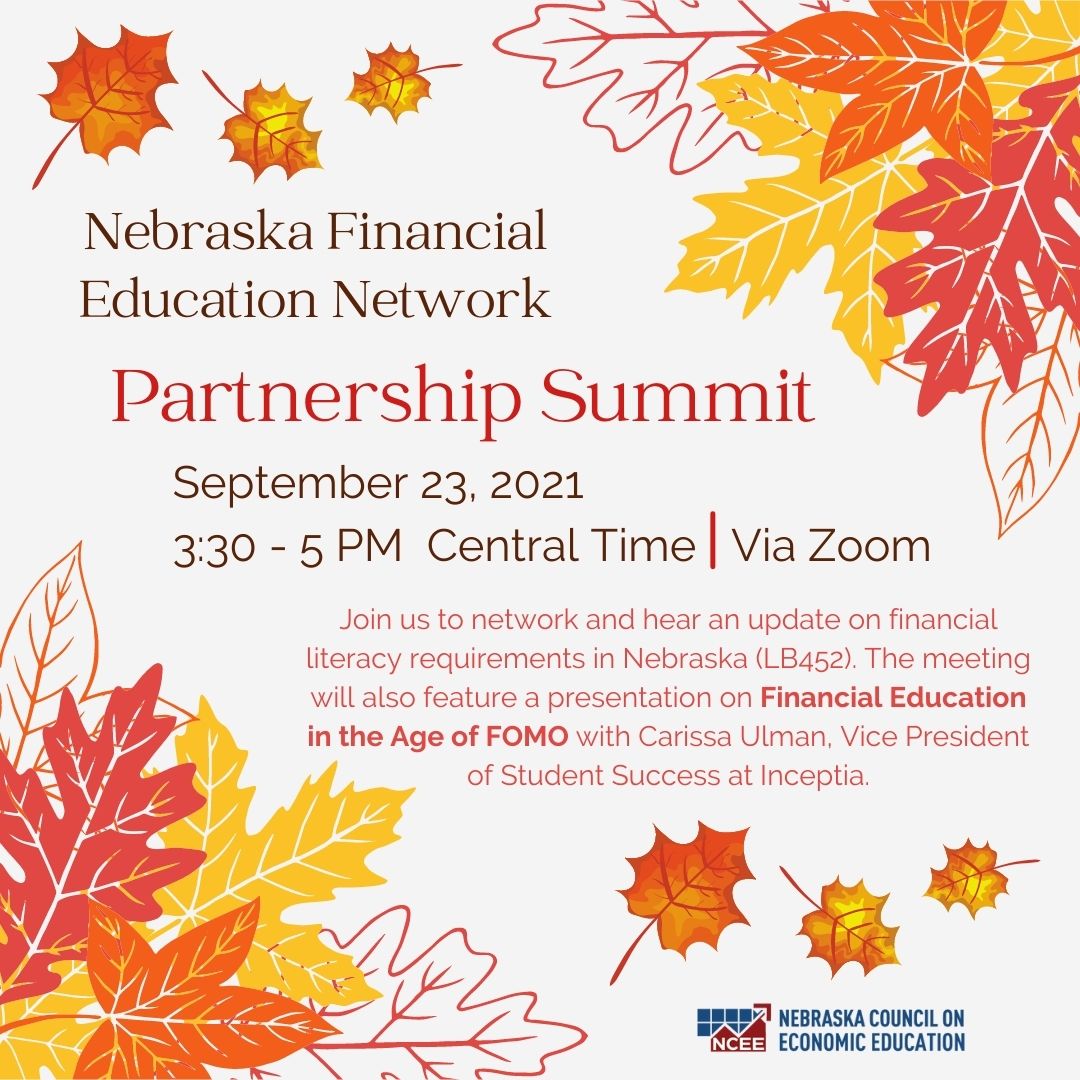
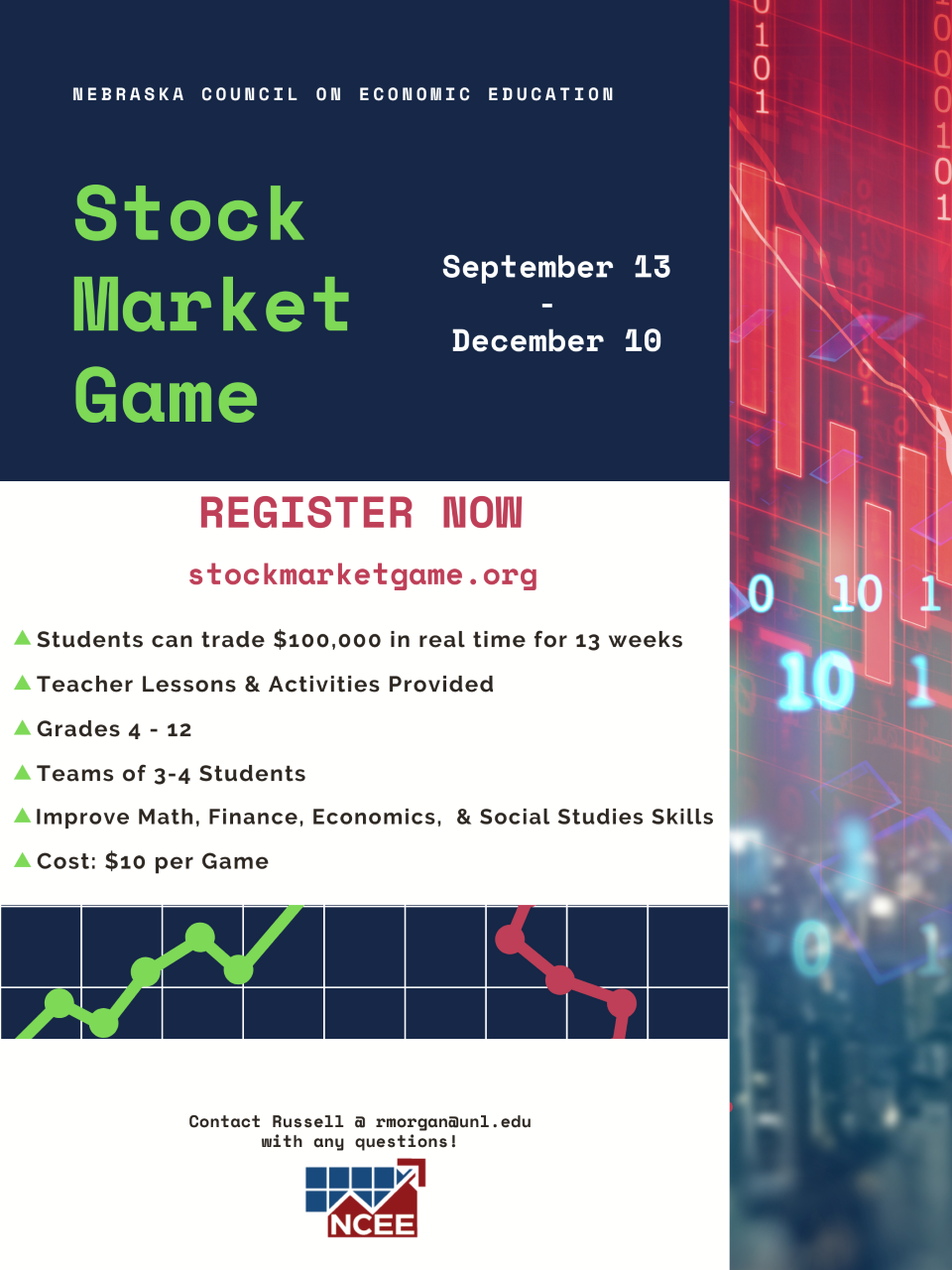
From the website:

What is History Hub?
History Hub is a crowdsourcing platform sponsored by the National Archives. It is a place to ask questions, share information, work together, and find people based on their experience and interests. Experts from the National Archives as well as other experts, history enthusiasts, and citizen archivists are available to help with your research.
What can I do with History Hub?
History Hub offers tools like discussion boards, blogs, and community pages to bring together experts and researchers interested in American history. Think of it as a one-stop shop for crowdsourcing information related to your research subject.
Why is the National Archives offering History Hub?
We hope to connect with and better serve customers interested in the historic records we hold.
Our very own Nebraska Unicameral Legislature is beginning meetings on how to draw district lines in our state. Want to bring current events to your classroom, this is just one way to do it!
From the website:
GerryMander is a simple puzzle game designed to show how gerrymandering can be used to rig an election. In GerryMander, you draw voting districts to favor your party and win the election. Players can use real-world strategies like packing (Squishing opposing voters into a single district) and cracking (Breaking up key voter groups into separate districts) to beat each puzzle. With these strategies players can see how Gerrymandering works while learning about how it happens in the real world.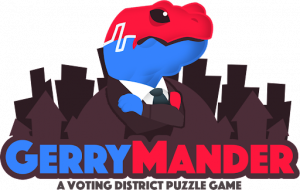
GerryMander was inspired by the ongoing supreme court case, Gill v. Whitford. The goal of GerryMander was to design a tool that demonstrates the bipartisan impact of gerrymandering through simple, easy-to-understand puzzles. By breaking down this issue into a simple game, we hope to make something that’s very hard to explain with written or spoken language more understandable, and raise awareness about the impact of gerrymandering in the United States.
Making complex issues more accessible is an important step toward improving engagement within our democracy. By understanding the mechanisms behind gerrymandering, and redistricting, players can form their opinions on the issue and can take a stance.
We hope that GerryMander is used to to open a dialogue between citizens, their representatives, and lawmakers about issues concerning democracy and representation. As part of the game’s functionality, players are able directly reach out to their representatives about the bipartisan issue of gerrymandering. This makes it easier for players to voice their opinion and to promote fairer redistricting practices within their states.
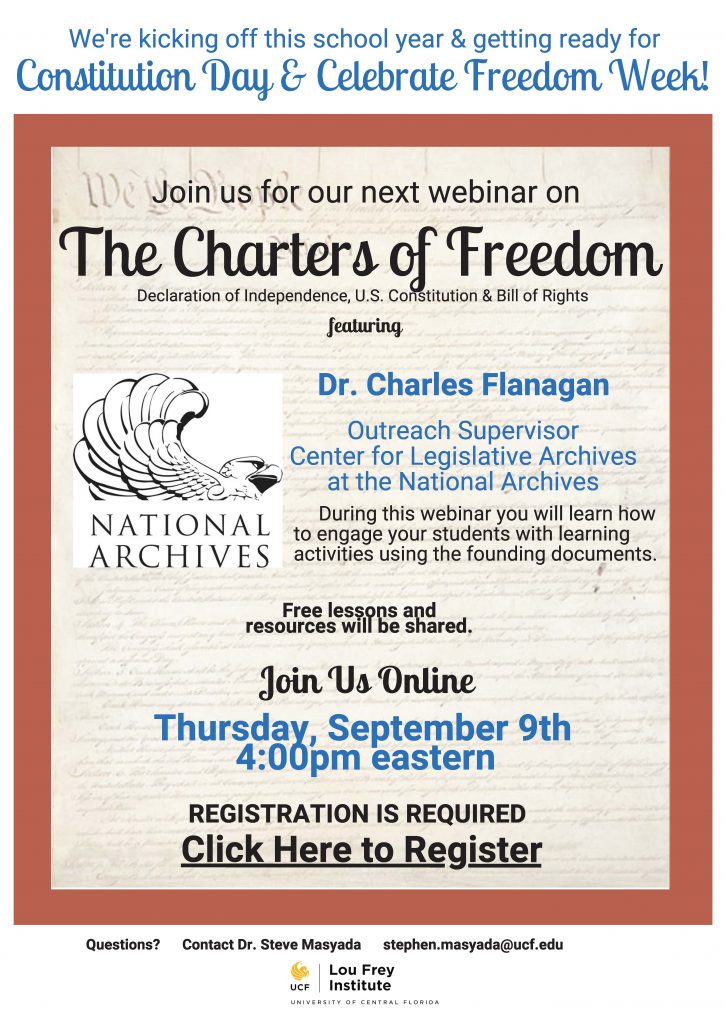
From the website:
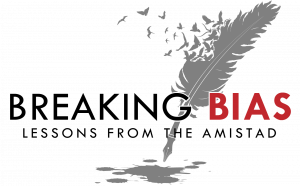 The Foundation’s six-unit curriculum specifically focuses on how African Americans have not only been victims but agents of their own change throughout history, how racial oppression has transformed over time in the U.S. and what our responsibilities are, both individually and collectively, to respond to racism. The curriculum looks to answer the following questions (and many more):
The Foundation’s six-unit curriculum specifically focuses on how African Americans have not only been victims but agents of their own change throughout history, how racial oppression has transformed over time in the U.S. and what our responsibilities are, both individually and collectively, to respond to racism. The curriculum looks to answer the following questions (and many more):
- What is race?
- What have been the consequences of social constructs about race in our country?
- How was chattel slavery a national problem that was reinforced in both the North and the South?
- How did enslaved people and other African Americans resist oppression and bring about positive change?
- How did resistance and resilience among African Americans bring progress despite the obstacles in their path?
- In what ways did the Jim Crow era reinvent earlier forms of African American oppression?
- What rights were African Americans demanding during the civil rights era, and why was there resistance from many white communities to sharing these rights?
- How does racial bias in media impact real-life policies and practices that affect the lives of African Americans?
From the website:
The year 2050 is a key moment in time – the world’s population will be a projected 10 billion. As a result, food production needs are expected to rise by 60-70% and changing agronomic conditions will place pressure on agricultural yields.
Journey 2050 is a FREE agriculture education program that challenges participants to answer the question, “How will we sustain nearly 10 billion people by the year 2050?”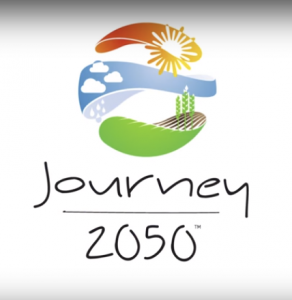
Using an inquiry-based approach, this gamified, virtual program encourages students to make decisions and adjust them as they see their impact on society, the environment, and the economy at a local and global scale. Students will hear from farmers across the globe, learning about their experiences to understand how agriculture differs across the globe.
As students interact with each family, they learn the role of best management practices in feeding the world, reducing environmental impacts, and improving social performance through greater access to education, medical care, and community infrastructure.
Information on the Nebraska Labor Market
Have a lesson plan coming up on personal finance, financial literacy, or the labor market. These resources, some of them Nebraska specific, can help!
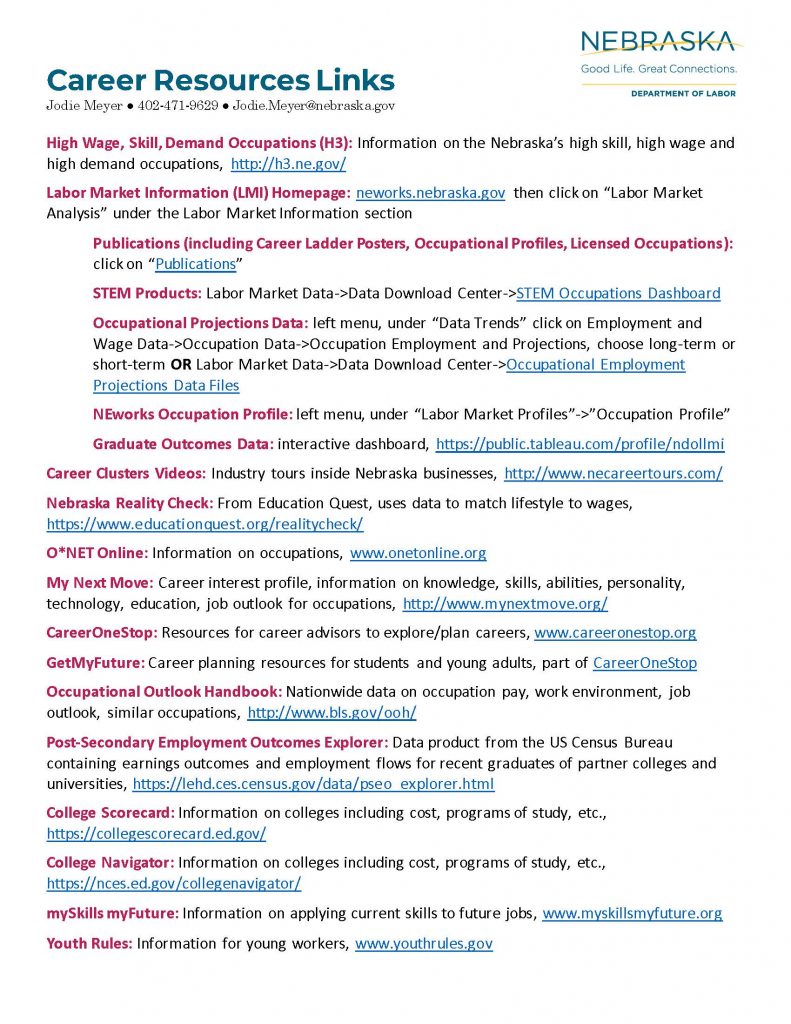
Legal Disclaimer:
EIN Presswire provides this news content "as is" without warranty of any kind. We do not accept any responsibility or liability for the accuracy, content, images, videos, licenses, completeness, legality, or reliability of the information contained in this article. If you have any complaints or copyright issues related to this article, kindly contact the author above.
